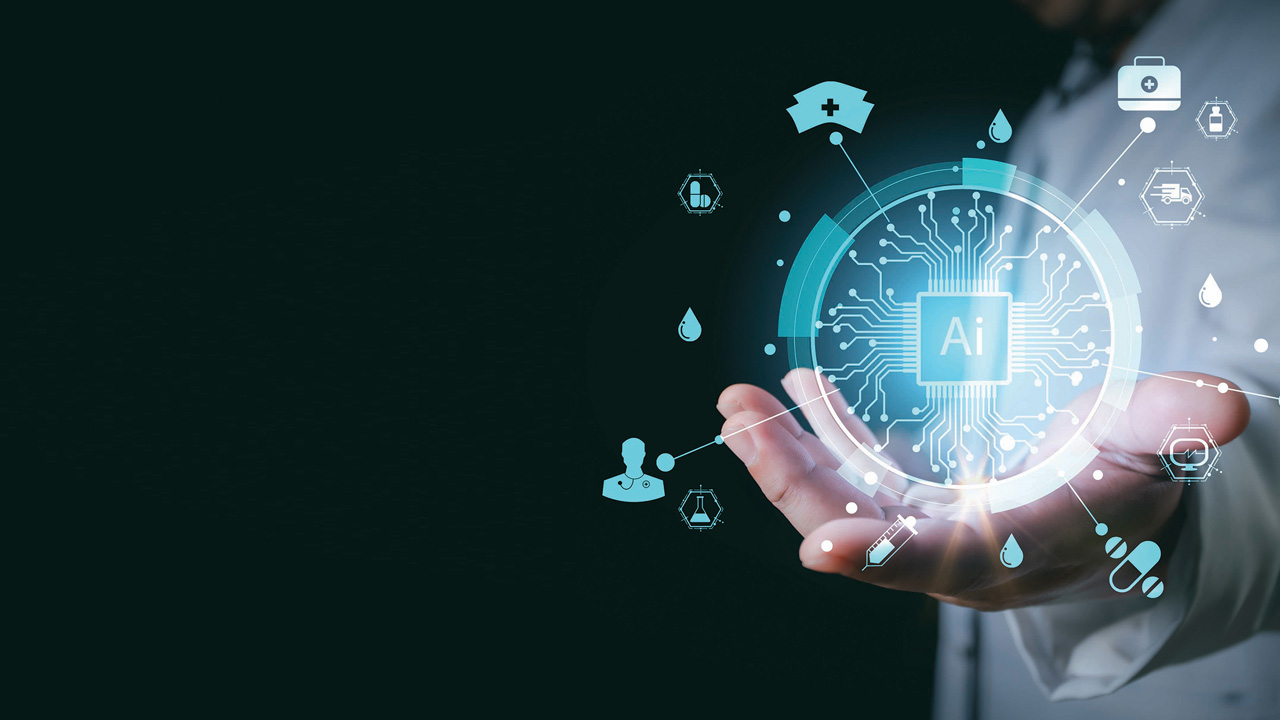In Analysis
Follow this topic
Bookmark
Record learning outcomes
What’s keeping you from living a healthier life? Attendees at the STADA Health Report 2025 launch were asked this question at the beginning of the conference – a question which STADA, the German pharmaceutical company, had already put to 27,000 Europeans from 22 countries who participated in their annual survey. Several factors, evidently, are standing in the way of Europeans and their healthiest self, including mental health and financial strain, but could digital technology and use of AI in healthcare remove some of these obstacles?
The survey revealed participants’ attitudes towards the role of AI in healthcare, which raised important questions around accessibility, data protection, and inclusivity.
Moderate satisfaction
“Across Europe, a fundamental transformation is underway; through self care, people are becoming architects of their own health,” says Peter Goldschmidt, CEO STADA Arzneimittel AG, whilst acknowledging the challenges that persist in healthcare. “The STADA Health Report 2025 reveals the complexity of healthy living in modern age,” he says.
While some people are pleased with the treatment they can receive, others struggle. “Stagnating system satisfaction, limited access to preventative and mental healthcare, and a perceived lack of fairness fuel frustrations across the continent.”
When it comes to the UK specifically, participants revealed moderate satisfaction with the NHS, ranking 12 out of the 22 countries. Belief in the fairness of the NHS is at 68 per cent, while trust in the system if one becomes seriously ill is strong at 69 per cent. Where UK numbers begin to drop is when it comes to their level of trust in AI-incorporated healthcare.
Scepticism and safety concerns
Data from the report showed the UK to be among the most sceptical nations when it comes to AI and medical care. Behind only Ireland, just 40 per cent of British survey participants responded “yes” to being open to AI in healthcare, with 58 per cent of the youngest generation of 18- to 24-year-olds stating they would not consider AI medical consultations.
“64 per cent of [this age group] also have a lack of trust in AI to provide safe information, compared to only 53 per cent of 25- to 34-year olds,” states the report. There were arguments both for and against the inevitable inclusion of AI and digital technology in healthcare – which many people may be surprised to realise they already use, regularly, in the form of smartwatches, health apps, monitoring and diagnostic devices, screening machines and so on – however, one notion did raise a fair point.
Chat GPT
At the moment, many people are using the AI chatbot Chat GPT much like how people have taken to using Google over the years: providing a list of symptoms and accepting the resulting generated diagnosis.
This has presented all kinds of problems, but when it comes to using Chat GPT in the same manner, which users treat with greater reverence than Google, the results are not only misleading – they can be wholly incorrect.
“If [women] use Chat GPT and put in symptoms, [they] will get data and information that is not for [them],” says Magali Geens, managing director at The European Medicines Agency (EMEA). The problem is that at the moment, AI projects existing knowledge, and when it comes to medical and healthcare advice, that knowledge is largely rooted in clinical trials in which Caucasians and/or males make up much of the sample.
Women and minority groups using Chat GPT for healthcare advice will hence be receiving information not tailored to their physiological make-up – as we all know that in most cases, healthcare advice cannot adopt a ‘one size fits all’ approach. Magali went on to say that if people entered their specificities into the technology, they are more likely to receive relevant results.
In the future – and who knows how close or far away this future is – AI may begin collecting people’s data from when they are born, including information on their environment and socioeconomic factors, to provide completely individualised advice. A clever and somewhat terrifying concept.
Shaping the future
The collecting of one’s data is one of the areas that Brits are not sold on, with 24 per cent of participants being concerned about this issue, contrasting to lower scores in countries like Serbia (8 per cent) and Romania (12 per cent).
Yet, if used correctly, AI in healthcare can help eliminate many of the barriers to accessing healthcare. Those in rural and dispersed areas can access advice easily, it is affordable – currently, the most basic version of Chat GPT is free – there is no wait time, and questions can be asked anonymously.
Single parents, the elderly, youngsters or anyone with limited mobility may benefit hugely, granted they are educated on how to use the systems effectively.
The advent of AI in healthcare is understandably intimidating, and it is up to governments and public bodies to educate their populations on how, when, and why they will be using it.

